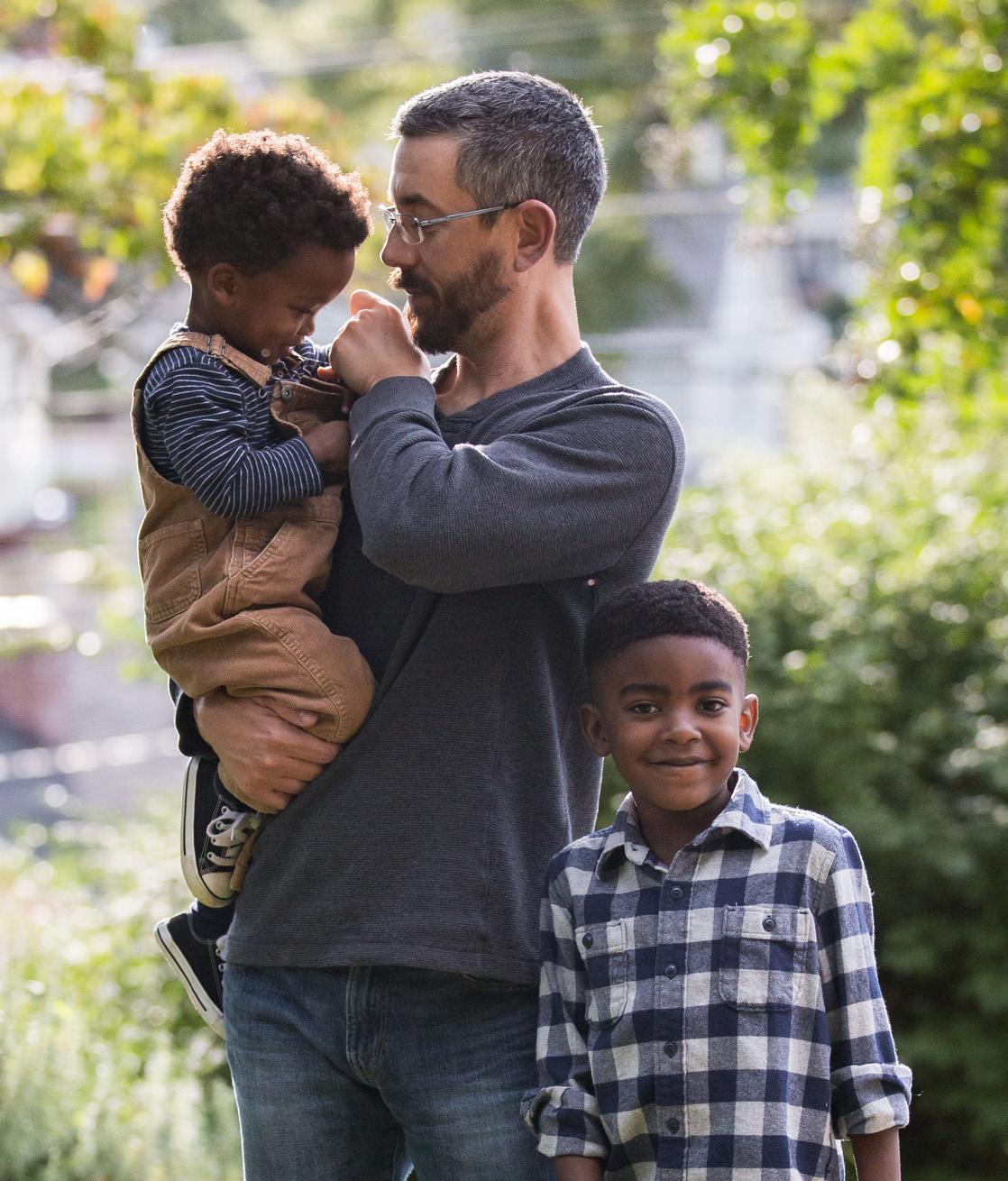RO OT S O F R E C O N C I L I AT I O N L I F E L I N E ’ S S T A R T A S A M I N I S T RY T O E X P E C T A N T M O T H E R S by Neisha Roberts
I
t was the 1970s and Roe v. Wade recently had led to the legalization of abortion across the United States. In Alabama, gospel evangelist Wales Goebel was working with troubled teens and saw the weight of the pro-life, prochoice legal controversy play out before his eyes. Not long after that monumental case, Wales founded Sav-A-Life, the first crisis pregnancy resource center in Alabama, where women could take a free pregnancy test, hear about the development of their baby, be shown the gospel, and empowered to choose life. But there was something missing. Young women in unexpected pregnancies would find the center, decide to choose life for their baby and receive help, but didn’t know where to turn after that. What if they didn’t feel equipped to parent? What if they wanted to know more about this “Father to the fatherless” and wanted to give their baby a safe, loving, Christian family through adoption? At the time, there was very much a stigma and shame associated with unplanned pregnancies. If a woman chose to give birth, she was often either left to fend for herself in raising the baby or forced to relinquish her rights and have no real way of knowing where the baby went or how the adoptive parents would care for her child. Adoption was not an option that many women knew about, and there were not ethical practices in place. Sometimes it was a lonely and dark process, even in choosing life. It was actually through an article in the Birmingham News that the Lord connected Wales with John Carr, a social worker serving at a children’s home at the time. The two dreamed of creating a ministry for women for the long haul, so if they chose life for their baby, they would not feel alone. Licensed in September 1981, Lifeline Children’s Services® was established as a Christian adoption agency and discipleship ministry — built to walk with women through a crisis pregnancy and into plans for theirs and their baby’s future. Renee Griffin, one of the first Lifeline staff hired in 1982, explained, “Our heart was to offer the truth of the gospel to these women, but also offer them options. If they chose to parent, we wanted to equip them to do so. If they wanted to place their baby for adoption, we wanted to make sure we had Christian families lined up. This was not about just saving babies. We walked with these women and supported them.” Within the next few years, Lifeline discovered new ways to minister to women, one being through shepherding homes — where a woman could stay with a Christian family as she progressed through her pregnancy. This was one way the local church stepped in to support women in need. By 1984, that concept led to Lifeline’s first maternity home, Lifeline Village, built in Thorsby. It later moved to Pell City, and then Tuscaloosa, where it exists today. There, women receive housing, physical care, life skills education, and emotional and spiritual support before and after the birth of their child. Throughout the rest of the 80s “there were many women who wanted to place their babies for adoption,” recalled Renee, who served in various capacities for almost three decades at Lifeline before retiring in September 2020. With a team of less than 10 at the time, each staff member took an all-hands-on deck approach, so “you didn’t work for Lifeline if you weren’t involved in birth mother ministry in some way,” Renee explained. Although the process and department structure has transformed over the years, the roots of Lifeline very much remain the same today. Christie Mac Segars, Lifeline’s Vice President of Domestic Ministries, shared, “We still want women






